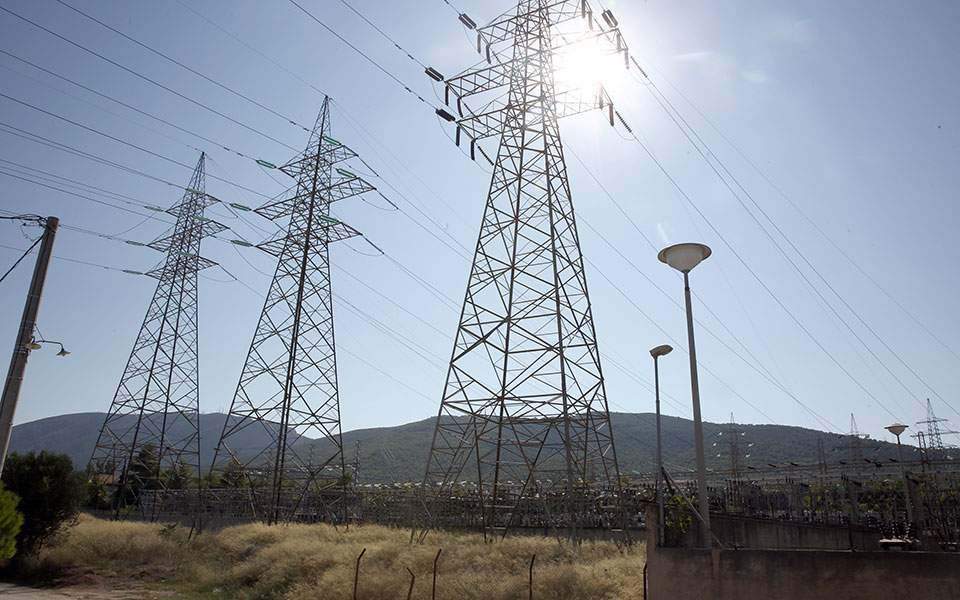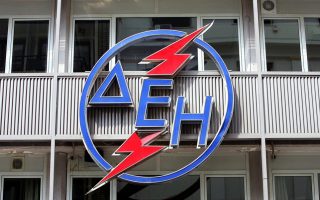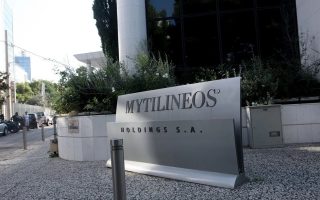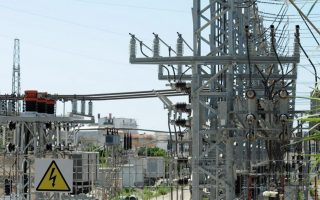IOBE: Energy cost cut crucial for economy

The energy sector has a crucial role in the transition of the Greek economy to a more competitive and sustainable model, argues a survey conducted by the Foundation for Economic and Industrial Research (IOBE) for the diaNEOsis think tank.
It records the sector’s challenges and priorities on the way to a carbon-neutral economy; its reference to energy costs is key, with IOBE citing the need for their reduction as that would have a very favorable effect not only on manufacturing but also the economy as a whole.
IOBE showed that a 10% reduction in energy costs would lead to an increase of the country’s gross domestic product by €1 billion, and employment by 21,500 jobs.
In order to cut energy costs, the report proposes creating a truly competitive electricity market with sufficient liquidity, efficient monitoring and financial integrity and reliability, as well as the maintenance of existing and addition of new measures (the offsetting of indirect emission costs, network charging reviews etc).
The survey also identifies other significant problems, such as the shortage of network infrastructure and the high stock of unpaid bills to the Public Power Corporation, which top €2.7 billion.
Achieving the long-term target of a carbon-neutral economy in 2050, IOBE says, requires significant investments toward the improvement of energy efficiency, further growth in output from renewable energy sources, key energy network infrastructure and the so-called Fair Transition of regions dependent on lignite. Resources from the Next Generation EU fund will go toward the rapid promotion of energy investments to support the swift recovery of the national economy. Thirty-seven percent of those resources will serve as investments for the green transition.
The report also discerns considerable challenges in the anticipated large-scale penetration of RES. It points to the prospect of the continuous need for additional resources from the wholesale power market for the support of old and new RES due to the declining trend of wholesale electricity rates.
There is also a great margin for improvement, IOBE says, in energy efficiency, where Greece significantly lags the European Union average in most sectors.





